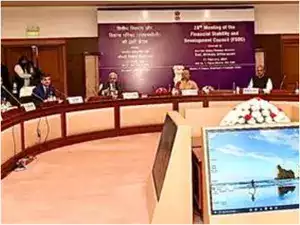Vulnerable Villages in Pakistan’s Mountainous North Threatened by Melting Glaciers
Residents of the Hunza Valley in Pakistan’s mountainous north are facing an existential threat due to the melting glaciers caused by global warming, as reported by Reuters. An urgent push to safeguard the future of these villages is underway, driven by individuals like Tariq Jamil, who is at the forefront of efforts to protect his community from the unstable lakes formed by melting glacial ice.
Tariq Jamil, a 51-year-old resident of the Karakoram mountains, is leading the charge to mobilize his community in Hassanabad. His mission is to rally his fellow villagers to safeguard their village and way of life, which is increasingly endangered by the threat of deadly floods triggered by overflowing glacial lakes.
Pakistan, nestled amidst the Hindu Kush, Karakoram, and Himalayan mountain ranges, remains at the forefront of the threat posed by melting glaciers. According to the International Centre for Integrated Mountain Development (ICIMOD), Himalayan glaciers are set to lose up to 75 percent of their ice by the end of the century due to global warming.
Efforts to mitigate the risks have been underway, with projects such as the Glacial Lake Outburst Flood (GLOF) II project aiming to help communities downstream of melting glaciers adapt. However, facing a shortage of funding to combat the impacts of climate change, village residents are urging for increased support to address the threats of glacial lake floods.
The need for proactive measures is evident, with Pakistan being amongst the countries at the highest risk from glacial lake floods. In Jamil’s village and others, close calls from floods have become more frequent, tying communities to the constant fear and struggle to adapt and survive.
While the challenges remain daunting, the efforts to protect these vulnerable areas from the risks of glacial lake floods continue. Jamil and other volunteers are training in first aid and evacuation planning, looking for international financing to bolster defensive structures and housing, and pushing for stronger support from the international community.
As the world becomes increasingly aware of the urgent need to address climate change, the onus is on developed nations to fulfill their promises and provide support to developing countries. As the UN’s COP28 climate summit approaches, the pressure is on wealthy nations to meet their climate finance pledges and support those most vulnerable to the impacts of climate change.
The risks brought about by global warming and the melting glaciers in the region are largely irreversible, according to ICIMOD. As the threat looms over the lives and livelihoods of these vulnerable communities, the call for international support becomes more urgent than ever.







